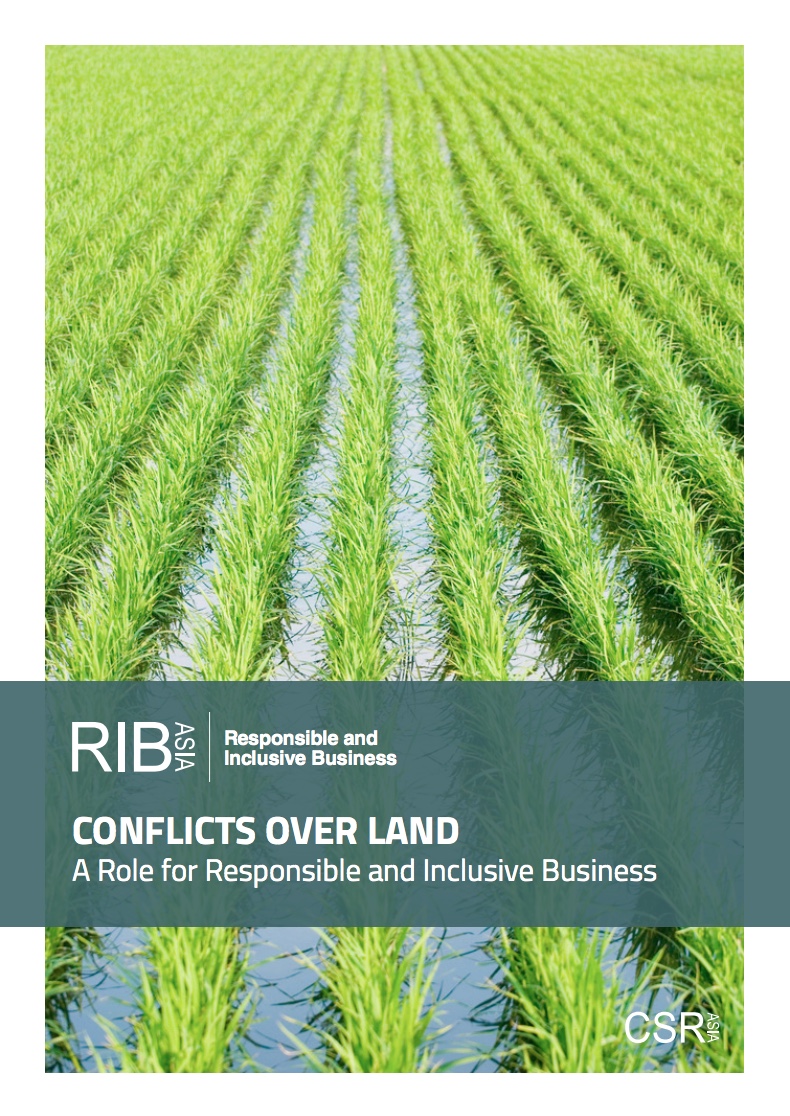Distribution Act, No. 300, 1958, revised in 1983.
This Act, consisting of ten Sections and one Schedule, applies to Peninsular Malaysia only and makes provision in matter of land family ownership as follows: The distinction between wives and husbands in terms of the distribution of the estate of an intestate to the surviving spouse was repealed. Previously, a wife who survived her husband was entitled to only one-third of her husband’s estate but the surviving husband was entitled to his wife’s whole estate (13). Section 6 explains how the property of any person who dies intestate shall be distributed: i.


